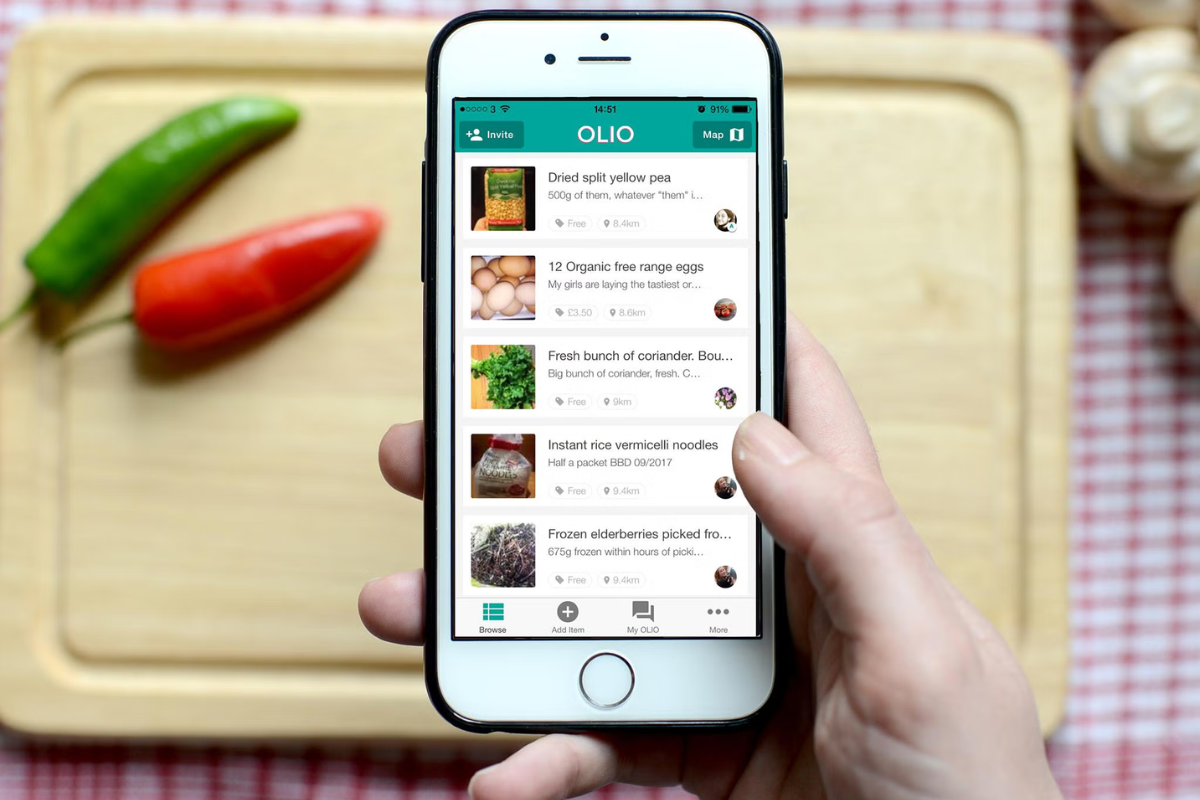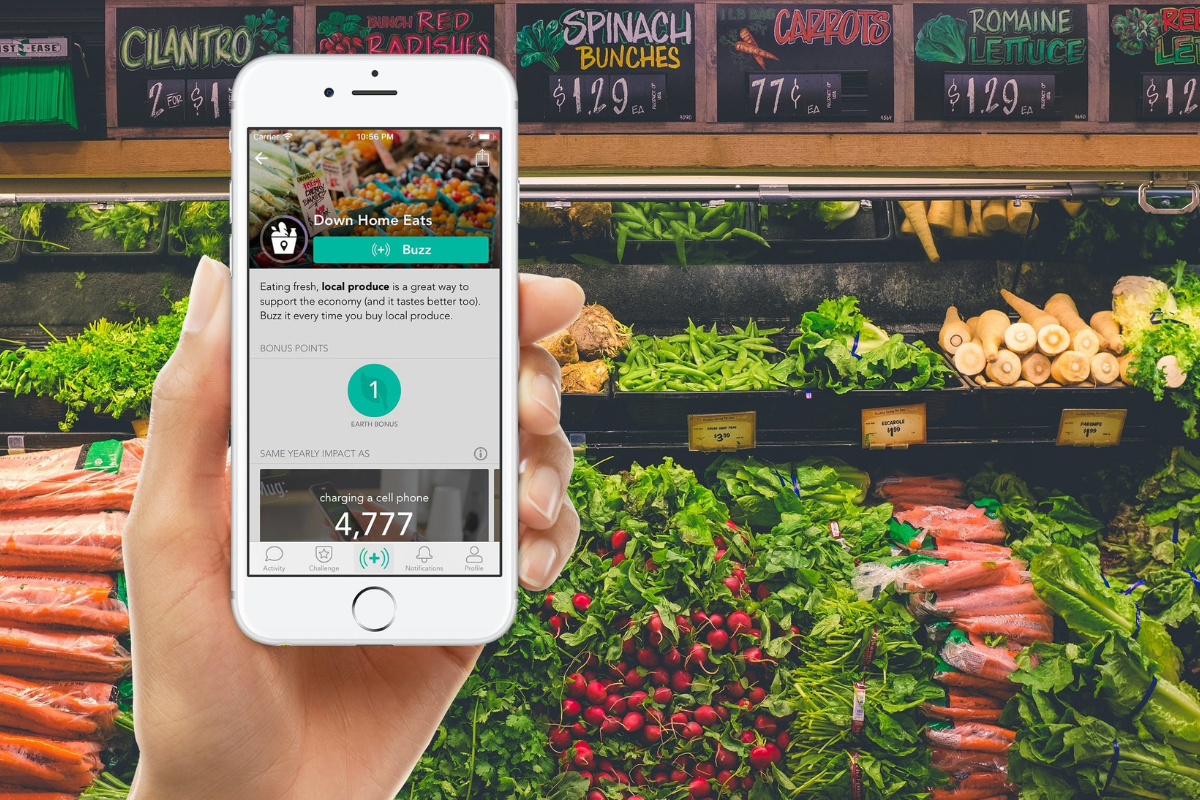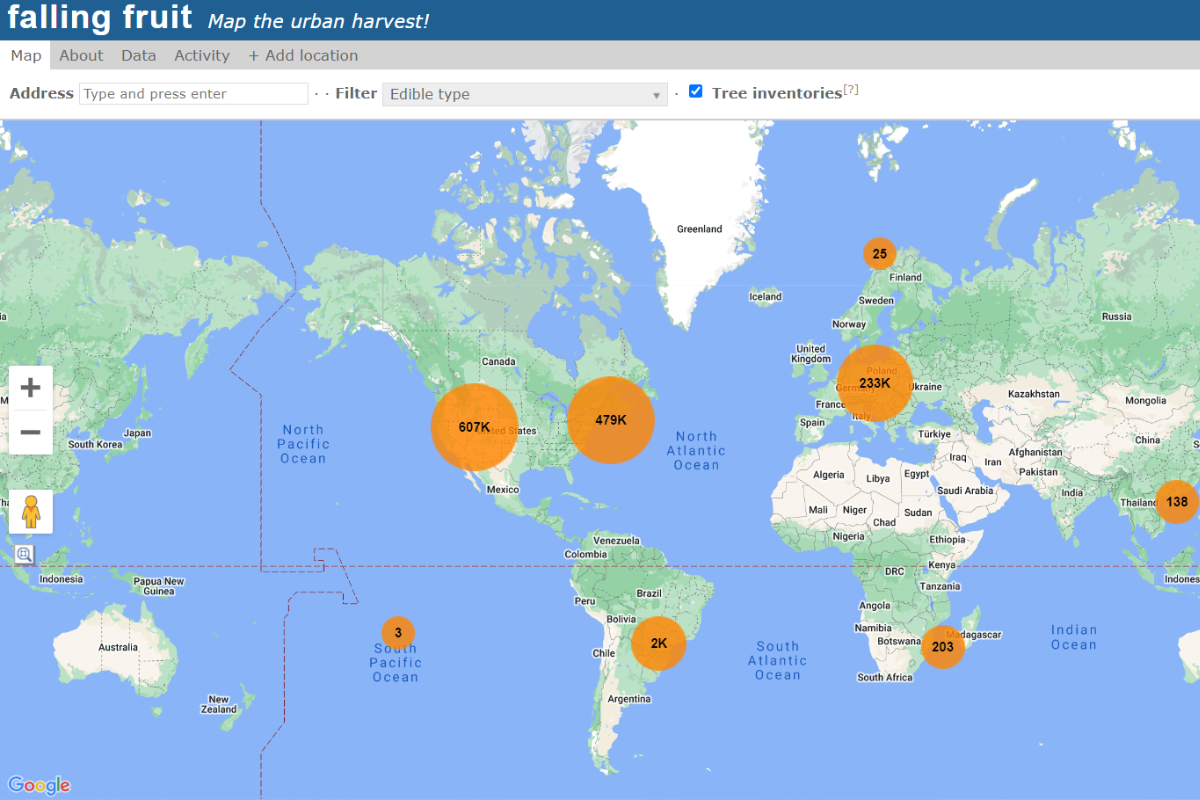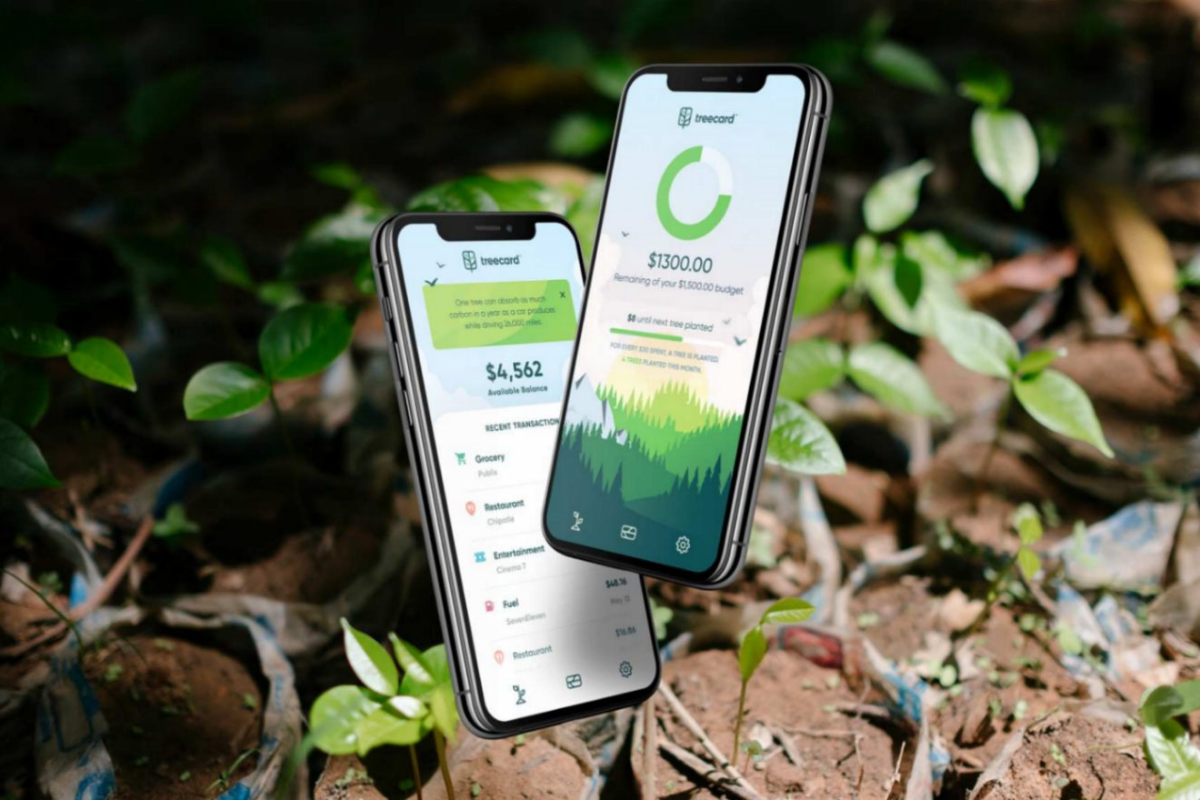In an era marked by climate change and environmental degradation, the need for sustainable living has never been more urgent. Fortunately, technology has emerged as a powerful ally in this fight, offering innovative tools to empower individuals to make eco-conscious choices.

Photo: Arch Daily
In an era where the climate crisis looms large, embracing a greener lifestyle is no longer a fringe choice, but an imperative. While individual actions might seem inconsequential against global challenges, technology offers powerful tools to amplify our impact. Smartphone apps, with their ubiquity and convenience, are particularly promising, enabling us to make daily choices that contribute to a more sustainable future. This essay explores five such applications, showcasing how they address different aspects of green living, from mindful consumption to reducing carbon footprints.
Technology is rapidly evolving, and with it comes a growing awareness of our environmental impact. Thankfully, this awareness is translating into the development of innovative apps that are empowering individuals to make a positive difference for the planet. Technology has become an indispensable part of our lives, and it’s increasingly being harnessed to tackle the environmental challenges we face. From reducing our carbon footprint to conserving precious resources, these five apps are paving the way for a greener future.
The world is at a crossroads. We face the stark realities of climate change, resource depletion, and environmental degradation. Yet, amidst these challenges, a quiet revolution is brewing. Technology, once a major contributor to our environmental woes, is now blossoming into a powerful tool for positive change. At the forefront of this movement stand innovative mobile applications, empowering individuals to make conscious choices and contribute to a greener future.
Olio: Combating food waste and fostering community

Photo: Independent UK
Food waste is a global problem, with an estimated one-third of all food produced going uneaten. Olio tackles this issue head-on by connecting users with their neighbors to share unwanted food within their local community. The app allows individuals to post items like leftover meals, unwanted groceries, or expired products, making them readily available to others who might need them. This not only reduces food waste but also fosters a sense of community and resourcefulness. By promoting sharing and reducing reliance on supermarkets, Olio contributes to a more sustainable food system, minimizing food miles and packaging waste.
JouleBug: Empowering energy awareness and savings

Photo: John Williard
Our energy consumption is a significant contributor to carbon emissions. JouleBug empowers users to take control of their energy use by providing real-time insights and actionable tips. The app tracks energy consumption through smart meter integration or manual entry, displaying detailed breakdowns of usage across different appliances and rooms. JouleBug also offers personalized challenges and rewards, motivating users to adopt energy-saving habits like turning off lights, using energy-efficient appliances, and adjusting thermostat settings. This data-driven approach empowers individuals to make informed choices, leading to reduced energy bills and a smaller environmental footprint.
Falling Fruit: Unveiling the bounty of urban foraging

Photo: Falling Fruit
Food production and distribution systems heavily rely on industrial agriculture, contributing to deforestation and soil degradation. Falling Fruit offers a unique perspective, encouraging individuals to forage for edible plants growing freely in their own neighborhoods. The app uses crowdsourced data to map urban locations with trees, bushes, and other vegetation that bear edible fruits, nuts, and herbs. This encourages people to connect with their local environment and explore alternative food sources, reducing dependence on supermarket produce and its associated environmental impact. Falling Fruit also promotes healthy eating habits and fosters a deeper appreciation for nature within urban landscapes.
Too Good To Go: Rescuing food and supporting local businesses

Photo: Bite Back
Food waste often occurs at the restaurant level, with unsold meals at the end of the day going to waste. Too Good To Go tackles this by connecting users with restaurants, cafes, and bakeries offering surplus food at discounted prices. Restaurants can post “Magic Bags” containing a selection of unsold items, allowing users to purchase them at a fraction of the regular price. This win-win scenario reduces food waste, saves money for consumers, and helps businesses recoup losses while attracting new customers. By minimizing food waste and supporting local businesses, Too Good To Go promotes a more sustainable and circular food economy.
Ecosia: Browsing for a greener planet

Photo: The Cop Cart
With the internet’s widespread use, search engines contribute significantly to energy consumption. Ecosia, however, offers a sustainable alternative. This search engine uses the profits generated from ad revenue to plant trees around the world. Every search on Ecosia contributes to reforestation efforts, restoring ecosystems, and combating climate change. By offering a familiar search experience with a positive environmental impact, Ecosia empowers users to make a difference with every click, encouraging them to be conscious consumers and contribute to a greener future.
These five applications represent just a glimpse into the vast and growing landscape of technology for green living. From reducing food waste and energy consumption to promoting local food sources and reforestation, these apps empower individuals to take control of their environmental impact. By integrating technology into our everyday lives, we can collectively move towards a more sustainable future, one click, one saved meal, and one planted tree at a time.

